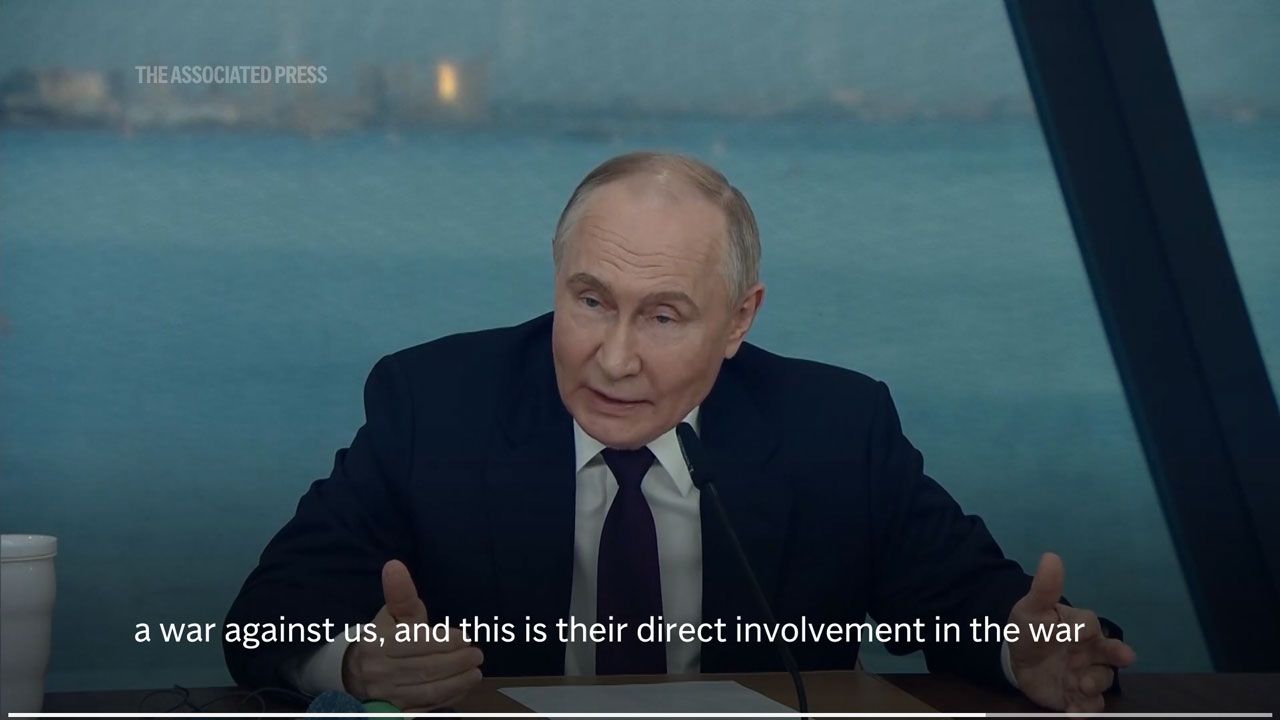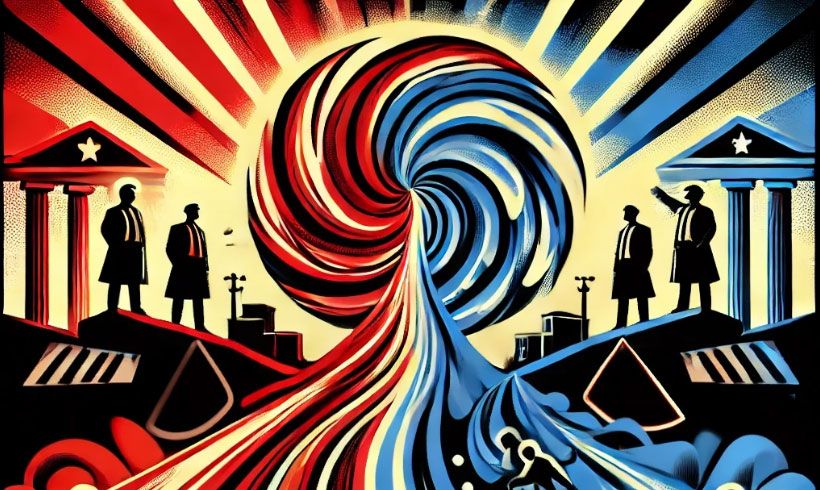Let's analyze Vladimir Putin's speech for logical fallacies. Here are some key points:
- Straw Man Fallacy:
- Putin suggests that if "they" deliver weapons to the combat zone and launch strikes on Russian territory, then Russia has the right to supply similar weapons to other regions. This could be a misrepresentation of the other side's actions or intentions, simplifying or exaggerating them to make Russia's reaction seem justified.
- False Equivalence:
- The speech equates the delivery of weapons to the combat zone and launching strikes on Russian territory with Russia supplying similar weapons to other regions. This comparison assumes both actions are morally and strategically equivalent, which might not be the case.
- Argumentum in terrorem:
- By stating that such actions will "completely destroy international relations and undermine international security," Putin is appealing to the fear of global instability to justify Russia's potential actions.
- Slippery Slope:
- The statement suggests that these actions will inevitably lead to the complete destruction of international relations and security. This implies a domino effect without providing evidence for each step in the chain of events.
- Petitio principii:
- The speech assumes that delivering weapons to the combat zone and launching strikes on Russian territory is equivalent to engaging in direct war against Russia. This assumption is used to justify Russia’s potential retaliatory actions without proving the initial premise.
- Red Herring:
- Mentioning the degradation of international relations might divert attention from the core issue of whether Russia's proposed actions are justified, leading the audience to focus on the potential consequences rather than the immediate context.
- Appeal to Hypocrisy (Tu Quoque):
- The argument suggests that because other countries might engage in certain actions (e.g., delivering weapons, launching strikes), Russia is justified in doing the same. This deflects criticism by pointing out the perceived hypocrisy of others rather than addressing the morality or legality of Russia's potential actions.
- False Dilemma:
- The speech implies that the only options are either allowing strikes on Russian territory and degradation of international relations or Russia's retaliatory actions. This ignores other possible diplomatic or non-violent solutions.
By identifying these fallacies, we can see how the speech might manipulate logic and emotions to justify certain actions and shape public perception.






